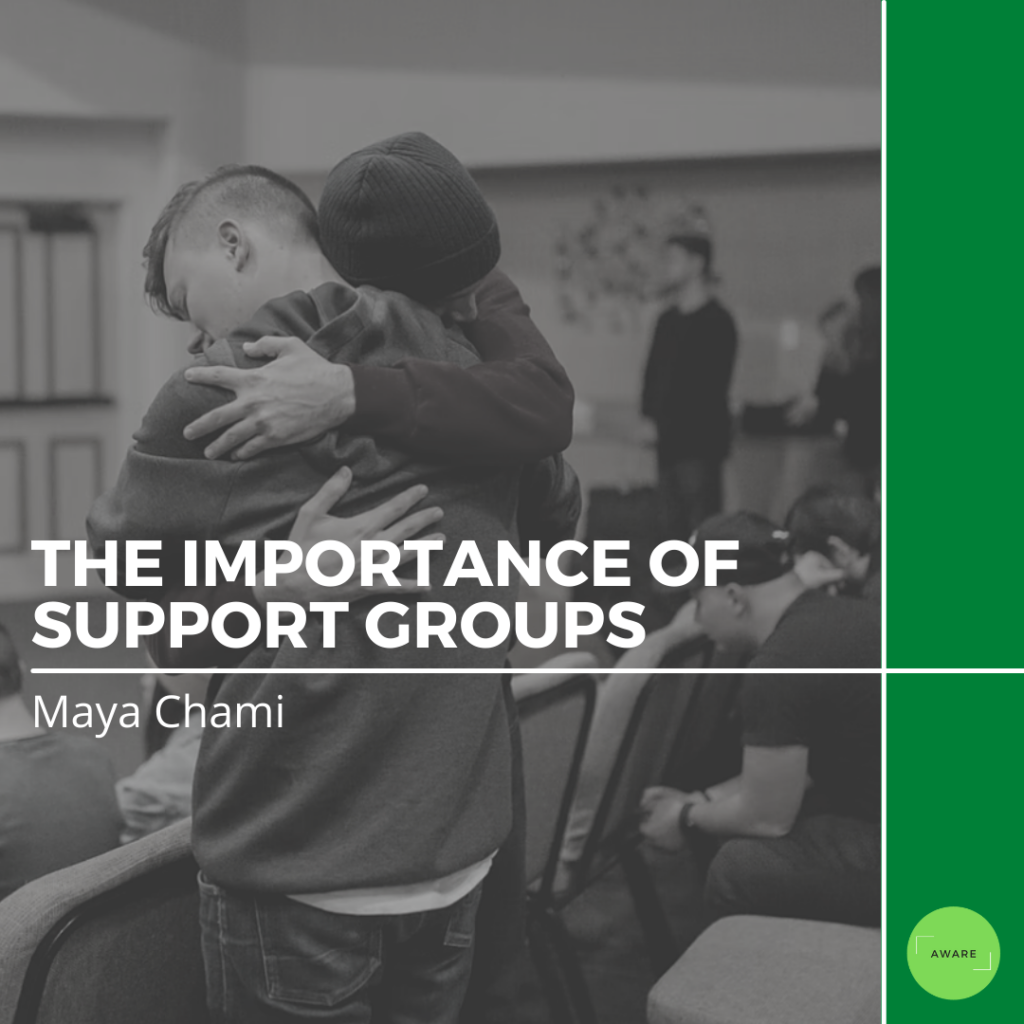Support groups are one of the many therapeutic measures that tend to have resonating benefits to individuals who are struggling with certain circumstances. Whether it was addiction, anxiety, a mood disorder, kleptomania, an eating disorder, or other struggles, support groups provide a great form of assistance, unlike the usual individualistic one-on-one talk therapy. While one-on-one talk therapy is an effective mechanism, support groups offer a different dynamic in which individuals share their experiences with one another, and this form of sharing enhances relationships within those groups, along with providing members with a sense of understanding.
What Are Support Groups?
Support groups are meetings held for individuals with shared difficulties, such as alcoholism or addiction, where they sit in a room and share their experiences with one another. Support groups can also include groups for coping with anxiety, death of a loved one, or depression. One must not underestimate the power that strong support has on the mindset of an individual, and the great thing about support groups is that this is what they do – they listen, they relate, and most importantly, they show you that you are not alone.
Not only do individuals in support groups share their experiences and make you feel less alone, but they also offer potential advice on how to deal with the difficulties that you are facing. They offer a way to cope constructively with what you are dealing with, even going as far as to provide you with potential solutions to problems that you deem unfixable.
Types of Support Groups
There are various types of support groups that are outlined as follows –
- Therapy Group – This is a more traditional form of a support group because it involves a therapist bringing in various individuals who are going through similar things and providing a certain treatment for them “as a group”.
- 12-Step Self-Help Groups – These groups focus on individuals who are living with addiction, such as drugs, alcohol, sex, and even gambling. As the name suggests, this type of group therapy suggests 12 steps to be taken in order to cope with addiction. These types of groups are free of charge and are “peer led”. They even occasionally hold certain groups for families of those struggling with addiction.
Mutual Support Groups – These kinds of groups are more unstructured in that they are also peer led. These individuals do not act as though they are therapists. The groups are formed for various individuals struggling with, say, grief, depression, and the like.
